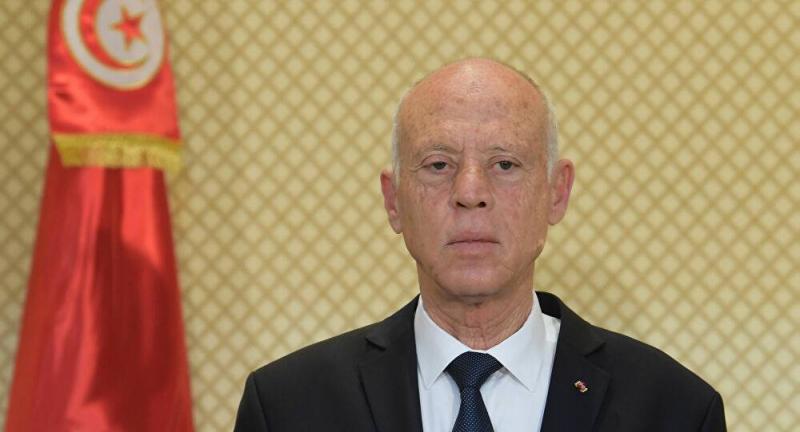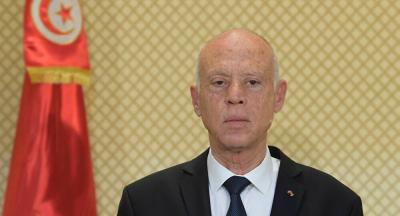A judicial spokesperson in Tunisia announced on Monday that a judge has decided to prohibit 12 officials, including a former minister and a member of parliament, from traveling due to corruption allegations related to the transportation and extraction of phosphate. Mohsen Dali, the spokesperson for the financial judicial pole, stated that among the officials are directors of the Gafsa Phosphate Company and a businessman who controls phosphate transportation.
President Kais Saied, who dismissed the government and suspended parliament amid exceptional measures described by his Islamist opponents as a coup, has stated that those involved in corruption in the phosphate sector must be held accountable and that no one should escape the law.
After being one of the world's leading phosphate exporters before the 2011 revolution that ended President Zine El Abidine Ben Ali's rule, Tunisia now sometimes has to purchase phosphate due to production disruptions and transportation halts caused by protests from youth demanding jobs. The company has suffered billions of dollars in losses.
President Saied accused influential lawmakers and businessmen of inciting protests and blocking railways for phosphate transportation through their fleet of trucks. Last week, the state-owned Gafsa Phosphate Company transported phosphate shipments by train for the first time in a year after protests had halted train services, marking a significant recovery for the vital phosphate industry in the country. Tunisia's phosphate production reached 8.2 million tons in 2010 but dropped to 3.1 million tons last year.




